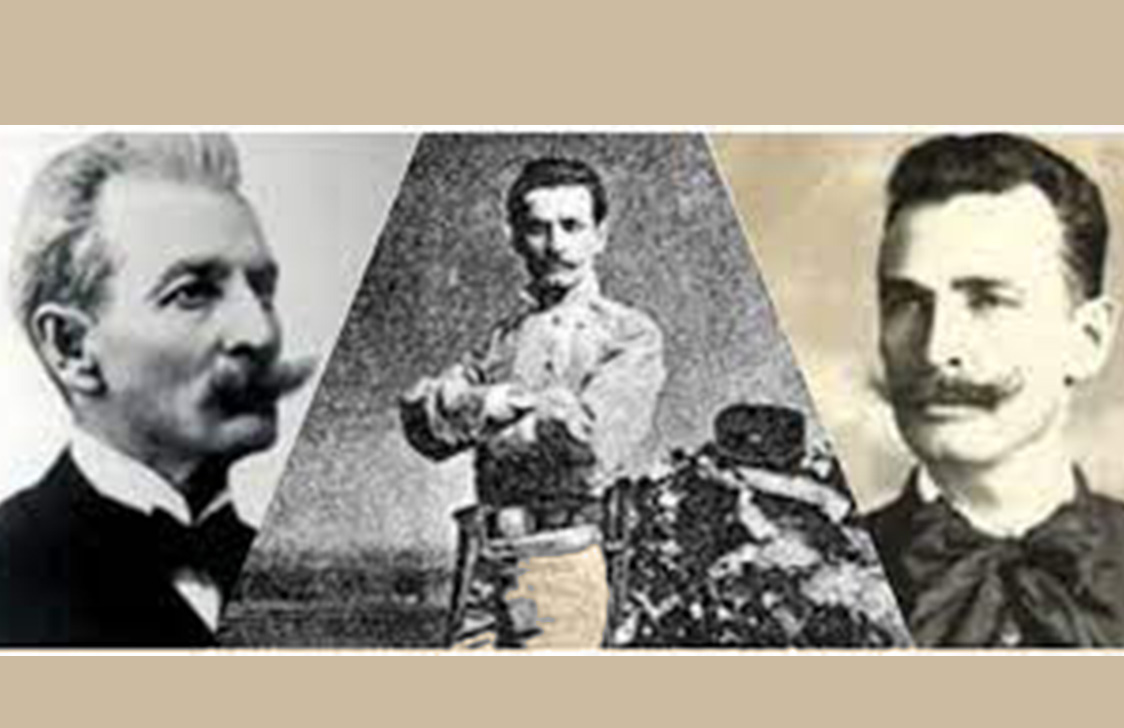
Born in Havana on March 26, 1848, Manuel Antonio Sanguily Garrite, who made a name for himself as an intellectual and politician, reached the rank of Colonel of the Liberation Army during the Ten Years' War (1868-1878) against Spain.
A patriot through and through, Sanguily’s proven loyalty to and love for his native land became manifest since his early years, when he chose to be a soldier in the first liberation army and joined the fray with the mythical vanguard cavalry led by Major General Ignacio Agramonte y Loynaz.
Both his vast culture and his principles made him excel as a teacher, writer and journalist whose political knowledge, talent for storytelling and oratory were on a par with his performance as a soldier in the battlefield.
A sharp essayist, Sanguily left us his excellent works Discursos a la emigración cubana (New York, 1877), Los Caribes de las islas, estudio crítico (Havana, 1884), and Un insurrecto cubano en la corte (Havana, 1888).
He also achieved great prestige as a critic and founded the Academy of History of Cuba in 1910 along with figures as renowned as Enrique José Varona, Juan Gualberto Gómez, Fernando Ortiz, José Miró Argenter, Juan Miguel Dihigo, Enrique Collazo, and Ramón Roa.
Categorically opposed to U.S. hegemonism, Sanguily voted courageously against the 1901 Treaty of Commercial Reciprocity with the United States, which the Empire imposed no less forcibly than it did the Platt Amendment following its military intervention and occupation of Cuba.
As a mambi soldier, he participated in a hundred actions and stood out in major battles. In January 1877, together with his brother Julio, he was assigned the mission of supporting the Cuban cause from abroad by organizing armed expeditions.
In October 1898, after the American interference thwarted the plans to launch the Necessary War, he returned to Cuba, where he was invested as delegate of the Second Army Corps to the Assembly of Representatives of Santa Cruz del Sur.
Later on he suffered the same indignation as all Cuban patriots at the outrage of the northern power near the end of the conflict, which the U.S. insultingly called the Spanish-American War, with complete disregard for the participation and protagonism of the Cubans in their genuine war of liberation.
He was director of the Second Education Institute of Havana and held top administrative positions in different government cabinets until he retired from active politics in 1917.
He died on January 23, 1925 of natural causes in the same city where he was born.
Sidebar

 Agencia Cubana de Noticias
Líder en información nacional
Agencia Cubana de Noticias
Líder en información nacional








Nos reservamos el derecho de no publicar los comentario que incumplan con las normas de este sitio